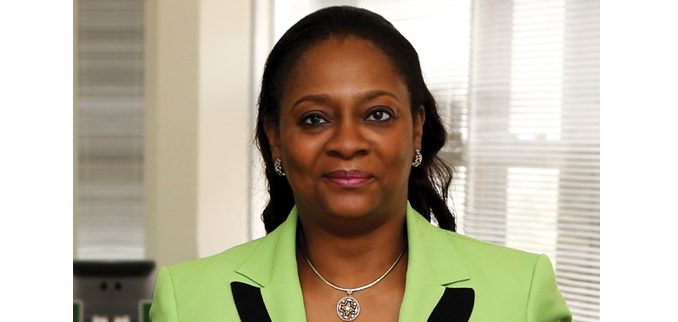
The Vice President and Treasurer of the World Bank, Arunma Oteh on Thursday disclosed that less than 20 per cent, which is approximately 1.6 billion Muslim population across the world have access to financial services.
According to her, the growing products in Islamic finances are capable of closing the huge financial gap that exists in the Muslim world.
She said this while speaking at a session on Islamic Financing on the sidelines of the ongoing World Bank/IMF meetings in Washington DC.
“The growth of Islamic finance is critical in closing this gap,” Oteh said
According to her such statistics were scary, noting that with the emergence of Islamic financing products there was the tendency that many Muslims would access financial services of their choice.
She said, during the last fiscal year for instance, the World Bank issued $ 63.5 billion of bonds across different markets, 22 different currencies and some of them innovative from the developing countries around the world.
“We also manage about $170 billion asset for 62 clients and our own institution. In some cases people will like to access financial services but they are unable to do so because of factors that are prohibitive to their faith or lack of financial institutions near their area or lack of trust of financial service providers. Many Muslims around the world refrain from actively accessing the conventional financial services around the world due to their beliefs,” she added.
She described Islamic finance as a tool for also achieving the Sustainable Development Goals (SDGs) with Islamic investors applying the ethical and quantitative measures in their investment decisions.
“Islamic finance is uniquely well suited to promote infrastructure development which is critical in promoting many of the SDGs from clean water to energy,” she added.
In his remark, the Emir of Kano, Alhaji Muhammad Sanusi II, who was the keynote speaker at the event said deficient infrastructure cost in Africa results in two per cent reduction in growth each year.
According to him, the cost of closing this infrastructure gap estimated at $360 billion between 2011 to 2014.
According to the Emir, Islamic finance facilities can be used in funding various social projects such as immunisation projects, education and green energy among others. With huge potential of equitable distribution of resources and economic growth.
He said with the growing Islamic finance, there is strong potential in closing the huge gap and there is no doubt that the need to explore all alternative in funding the SDGs is critical.
Source: Today.ng